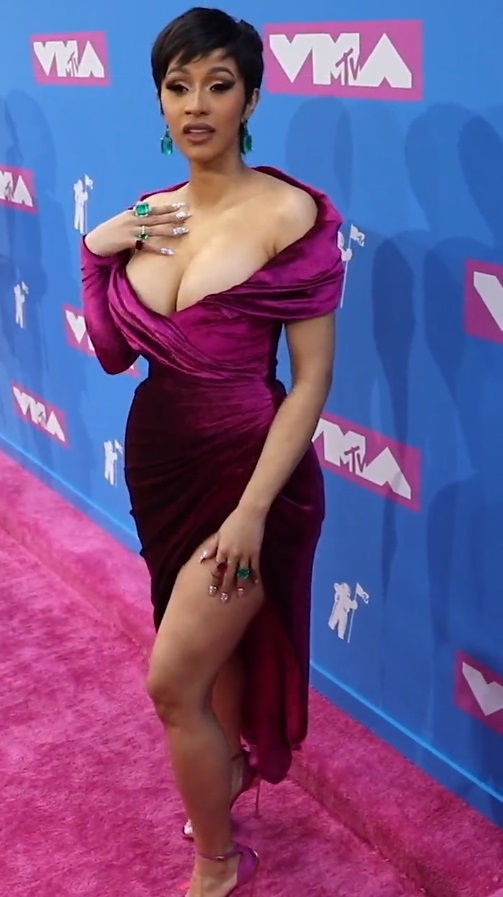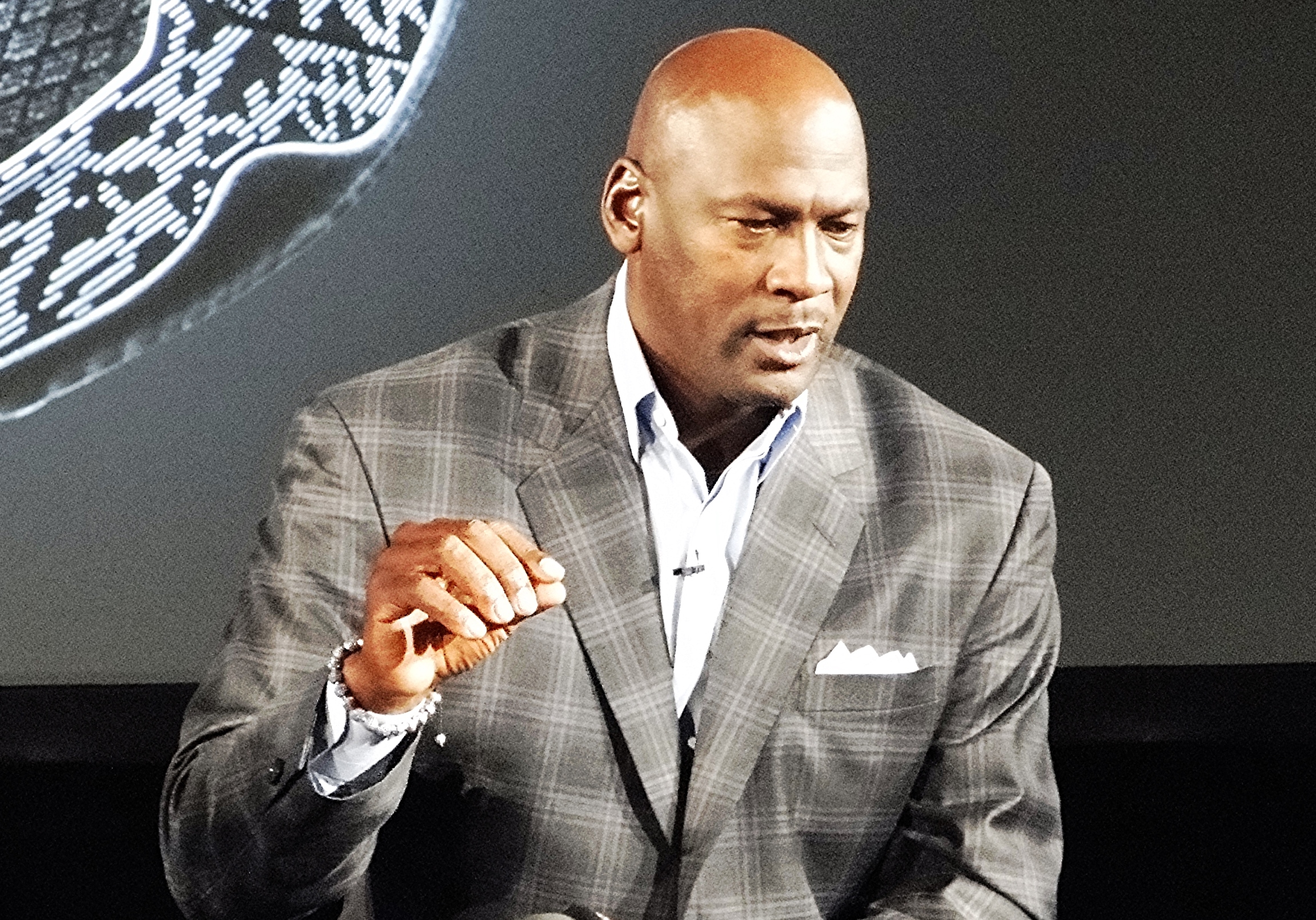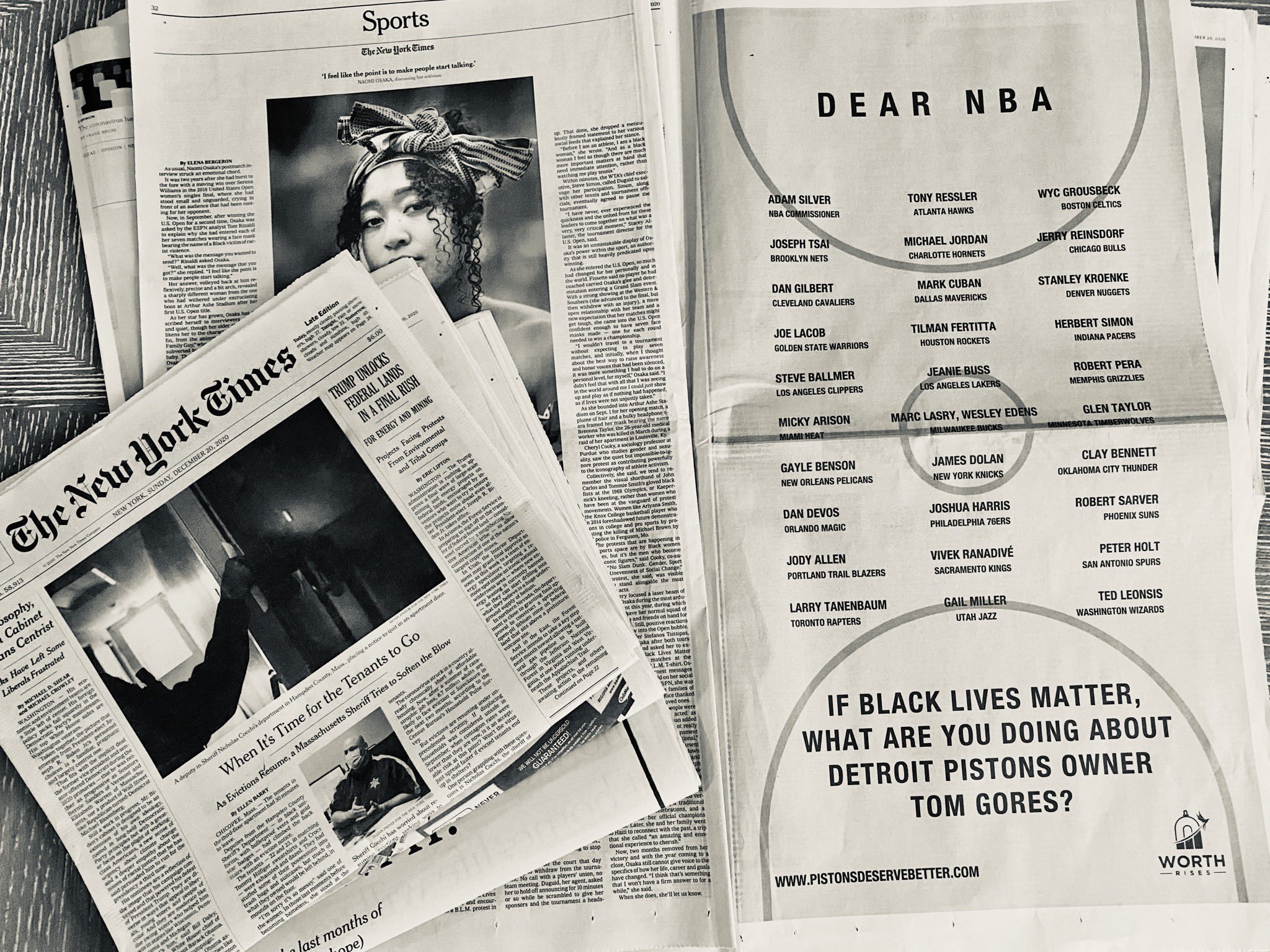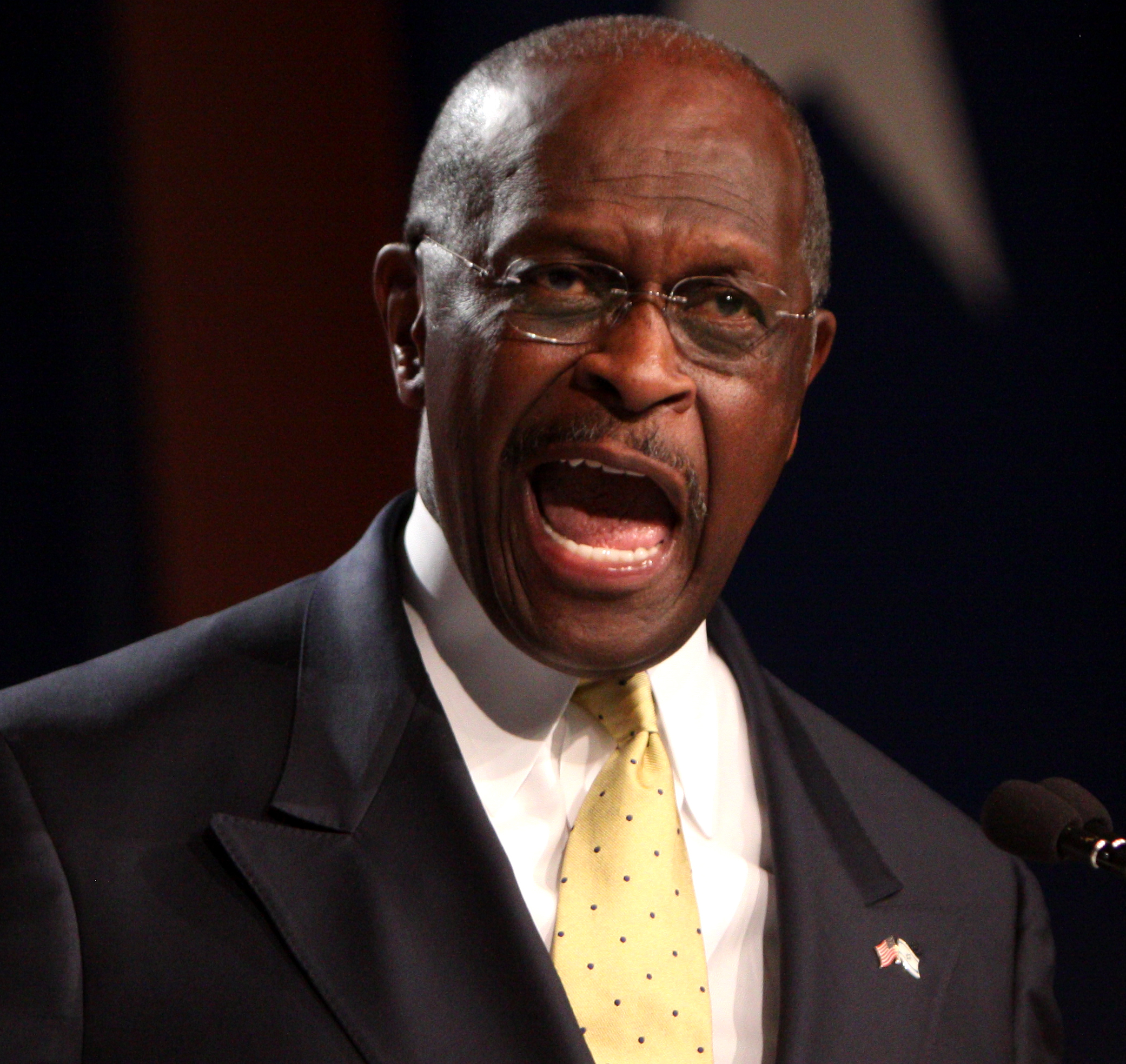This is the conclusion of our 2- part conversation w. Cassie da Costa (New Yorker, Daily Beast and Vanity Fair). We discuss Cardi B, the NBA’s failed strike for Black Lives and the nihilistic Black Capitalism represented in figures like Herman Cain
Cassie pens the sharpest writing I’ve encountered on culture in America. Read part 1 of our interview here!
Asia Art Tours: With Cardi B. releasing her new song ‘Wet Ass Pussy’ I found myself wondering about the point. We’re all under quarantine or working remotely. If our genitals are wet it’s probably from hours of intensely fearful labor in a Covid-filled warehouse, Uber car or hunched over a laptop screen… not from the uncontrollable desire for a lover’s body. It’s not just Cardi B, obviously. Doja Cat, Charlie XCX and others have all come out with sex fueled songs in a time of social isolation and pandemic- distancing.
Cassie da Costa: Haha. I think it’s because desire and pleasure permeate any and all moments, no matter their doom-filled registers. And in fact, when you’re isolated, kept from the touch of friends and family if not necessarily a live-in lover, then somehow the eroticism coming from cultural products can become a replacement for that contact. You know how when you miss someone you can end up having a sex dream about them? And if it’s not someone you’re interested in romantically it can be horrifying, but actually it’s just about any kind of yearned-for intimacy, platonic or otherwise? Obviously WAP is about sex, and not hugging your relatives, but I do think the popularity of this music now, in particular, offers ways to connect, to engage whether we’re tapping into the erotic self or just delighting in something salacious and fun while the world crumbles.
 (Artist Cardi B – Photo Credit Wikipedia)
(Artist Cardi B – Photo Credit Wikipedia)
Black music, is an expression of Black suffering. So, there’s a lot of irreverence and playfulness in Cardi and Megan the Stallion’s music, but there’s, in the core of it, a response to lived conditions. You can’t separate the two.
Asia Art Tours: I wanted to ask why you think these performers continue to put out the same musical tropes as if times were ‘normal’? And , if like me you’re a bit puzzled by Cardi’s release, what have been more nuanced or raw forms of desire that you’ve seen expressed during these strange and terrifying times of Covid?
Cassie da Costa: I think, to borrow from Fred Moten, Black music (which all of the artists you named are pulling directly or indirectly from), is an expression of Black suffering. So, there’s a lot of irreverence and playfulness in Cardi and Megan the Stallion’s music, but there’s, in the core of it, a response to lived conditions. You can’t separate the two. I think a desire to have music literally reflect conditions has little to do with traditions in Black music. Even blues songs talked about sex, and graphically at times. It doesn’t mean this music is revolutionary or even nuanced, but I don’t think it represents a mismatch between the lived and the produced, so to speak.
Asia Art Tours: Turning to other celebrities who we all look up to as Real-Life Superheros. With the NBA players almost immediately capitulating on their strike demands, both by the brevity of their work stoppage and their insistence on calling it a ‘boycott’ rather than a strike.
What do you think would have happened if the players had continued the work stoppage, and become more explicit in their language that this was indeed a strike? (They were quite insistent it was a Boycott).
Cassie da Costa: I think then it would be a very different world! Hopefully, we’re headed there but I’m not sure we can ever expect workers that are as reliably rich as basketball players to strike until their demands are actually concretely met. So many of these players are capitalists themselves, with their own businesses and brands to run, so they’re not only thinking as workers in these instances.
But, to answer your question, if they had continued the work stoppage and called it a strike, I believe it would’ve been absolute mayhem for those in power, not just in league but beyond it. So much depends on the NBA, it brings in so much revenue to various business from banks to gear and merch vendors to TV networks and more and is also a way to quell and distract people from their lives. Maybe no NBA playoffs means even more room for civil unrest to brew; especially if the players are saying they’re striking and seeking solidarity from the public. It’s also possible such a move would’ve emboldened other athletes to take the same steps or perhaps, on the other hand, it would’ve alienated NBA players from other athletes, who might have reacted in fear. Ultimately, though, I think it would’ve worked. You can’t bring in scabs for this sort of thing, particularly during playoffs; and from where? The NBA has already recruited all the best players from the around the globe. And these people are already rich; Nike, at least, would probably support them at least from a PR lens.
Ultimately, I’m sure if it had happened it would’ve brought up a lot of tricky questions around what striking is when rich workers participate in it to such an extent.
 (The 2020 NBA Bubble- Photo Credit: Wikipedia)
(The 2020 NBA Bubble- Photo Credit: Wikipedia)
Maybe no NBA playoffs means even more room for civil unrest to brew; especially if the players are saying they’re striking and seeking solidarity from the public. It’s also possible such a move would’ve emboldened other athletes to take the same steps or perhaps, on the other hand, it would’ve alienated NBA players from other athletes, who might have reacted in fear. Ultimately, though, I think it would’ve worked.
Asia Art Tours: I’ve seen anger directed at figures like Obama and Michael ‘Republicans buy Sneakers too’ Jordan for ‘tricking’ the players into returning to work. But I think that ascribes far to much agency to Obama or Jordan and far too little to the players who capitulated. Do you think they were ‘tricked’? Or did they simply listen to the advice that they wanted to follow all along?
Cassie da Costa: Yeah, probably the latter. I’m sure both things were at play. The influence of two figures many of the players probably respect a lot I’m sure played into their decision. And the fact that Obama and Jordan are people they would look to for advice kind of spells out the doom anyway. You can’t really be “tricked” by someone you’re already deeply skeptical of.
Then again, I do think there was a moment in there when players were ready to sustain their action and then got “reasoned” out of it. It seems at least that LeBron was fully on board and perhaps frustrated by the outcome. Organizing is tough and coming to a decision about striking is even harder. People are naturally afraid of upending their lives in any way, apparently even if they’re already financially stable.
Asia Art Tours: Do you have any thoughts on why the players didn’t turn to more radical black voices like a No Name, Mariama Kaba, Angela Davis, hell even a Ryan Coogler? Why were they so eager to turn to establishment voices for questions on how to fight the establishment?
Cassie da Costa: Because these people aren’t rich capitalists! Rich people tend to only listen to other rich people. I’m sure Coogler has a good amount of money, but he isn’t Jordan. And Radical Black women in particular are disrespected, condescended to for their views. Why else would political parties and celebrities look to people like Ice Cube and Killer Mike, Jay-Z and Puff Daddy for guidance? A lot of what Black celebrities, especially the very rich, mainstream ones, respond to is the language of capitalism. So, anyone who is directly challenging that is going to be suspicious to them; they made their money through the system so they’re not going to want to sabotage it in any way, they want to get their piece of it.
 (Former NBA player and current owner of the Charlotte Hornets, Michael Jordan – Photo Credit Wikipedia).
(Former NBA player and current owner of the Charlotte Hornets, Michael Jordan – Photo Credit Wikipedia).
Rich people tend to only listen to other rich people. I’m sure Coogler has a good amount of money, but he isn’t Jordan. And Radical Black women in particular are disrespected, condescended to for their views. Why else would political parties and celebrities look to people like Ice Cube and Killer Mike, Jay-Z and Puff Daddy for guidance?
Asia Art Tours: I (like many others) follow the NBA quite closely, but I don’t know anything about who the players are as human beings, because they spend so much of their life (in their own way) playing a character and (like Mr. Boseman for Disney) for owners who profit off their likeness being a commodity.
Beyond (or in addition to) the economic impact of what their strike could have been, I wanted to ask what impact it would have for people to actually get to know these players as human beings… not products? What value (to turn the phrase) do strikes have for black performers and entertainers in getting the population to experience them outside of their commodified form? To know blackness outside of Labor?
Cassie da Costa: It’s hard to say if that’s possible given how ubiquitous branding is these days. I’m not sure that a strike would’ve meant that the public would see these players outside of their crafted personas. But outside of their commodified forms, yes. I think that, in particular, might’ve offered a ton of young people some hope and vision of what it looks like to actually, meaningfully “resist.”
Asia Art Tours: Assuming pessimistically, that Black performers en masse refuse to fundamentally challenge the capitalism that makes so many Global lives one of suffering, I’m wondering what you think the future of Black celebrity is? What does ‘Black Lives Matter’ mean in a world where sneakers are made in Sweatshops? Where NBA centers are hosted in Xinjiang during genocides? Where millions in a bank account means a private performance to Saudi Sultans or African Dictators?
Cassie da Costa: This is an important question for Black Americans in general. Our challenges to white supremacy cannot ignore or reinforce the global terror this country causes. So, if an NBA strike doesn’t make demands with an internationalist perspective, how effective is it? But I don’t think that Black Lives Matter has to have anything to do with Black celebrity to move forward in any way. It is necessarily a movement made on the streets. It won’t go on without regular people showing up to protest, to make demands, to organize. I think the question here is if BLM will stand meaningfully in solidarity with global liberation movements. I don’t have the answer, but my hope is that the many who are driving its efforts on the ground will continue to push it in that direction.
Asia Art Tours: In refusing to vocally confront either capitalism or white supremacy, do you see Kanye as not an outlier, but simply ahead of his time? If Black celebrities are unable, or unwilling to more vocally confront the creep of Fascism and Necropolitics in America, what happens when fascism arrives in full bloom? Do you see a future where Black Celebrity or Blackness™ would be able to coexist under Fascism in America?
Cassie da Costa: In fact, Kanye is quite unremarkable in that regard. He is, however, someone who has mental illness that is perhaps exacerbated by his celebrity (and other triggers we may not be aware of), and so his particular manifestations of this capitalist, patriarchal impulse are unusual, let’s say. I don’t know if that makes him “ahead of his time.”
I think extreme wealth and fascism have always coexisted, no? I don’t think it matters who has it; especially not at this point in U.S. history. In the twentieth century, it was more likely that a very wealthy Black person would be a direct victim of colonialism and fascism, though there’s no evidence that I’m aware of that these wealthy Black people would’ve been the ones to put their lives on the line to fight to dismantle the oppressive systems; nowadays, there are more opportunities to participate. Still, look at Herman Cain; the administration he aided and abetted killed him; so there’s always a mortal risk for Black people if not always a financial or political one.

(Increasingly the politics of the NBA’s Owners and how they exploit labor and black lives under capitalism will come under pressure. This full page ad in the New York Times was taken out by the Prisoner Advocacy Group Worth Rising / Pistons Deserve Better to criticize the carceral capitalism of Pistons Owner Tom Gores. – Source:Pistonsdeservebetter.com)
Asia Art Tours: Lastly, what movies or books have been getting you through these fucked up times and could you tell us a bit about why? (Talented Mr. Ripley for me is a Movie I’m thinking about quite a bit. And I keep listening to Aretha Franklin’s gospel music from the 70s… makes me feel like we all still have a future).
Cassie da Costa: Disco! Latin Jazz! Epic novels (Moby Dick, Paul Takes the Form of a Mortal Girl). Mubi subscription (though they really need to fix their TV app). Russian novels (Turgenev is a new favorite). And now that the weather is cooling down in southern California I can go on runs again, which is a great way of getting outside of yourself.
 (Former Politician Herman Cain – Photo Credit: Wikipedia/Gage Skidmore)
(Former Politician Herman Cain – Photo Credit: Wikipedia/Gage Skidmore)
In the twentieth century, it was more likely that a very wealthy Black person would be a direct victim of colonialism and fascism, though there’s no evidence that I’m aware of that these wealthy Black people would’ve been the ones to put their lives on the line to fight to dismantle the oppressive systems; nowadays, there are more opportunities to participate. Still, look at Herman Cain; the administration he aided and abetted killed him; so there’s always a mortal risk for Black people if not always a financial or political one.
